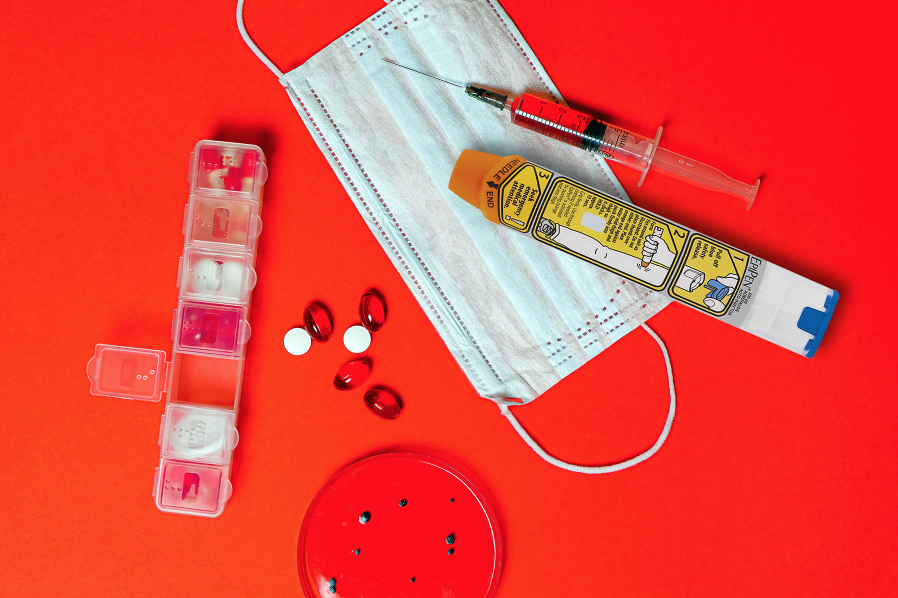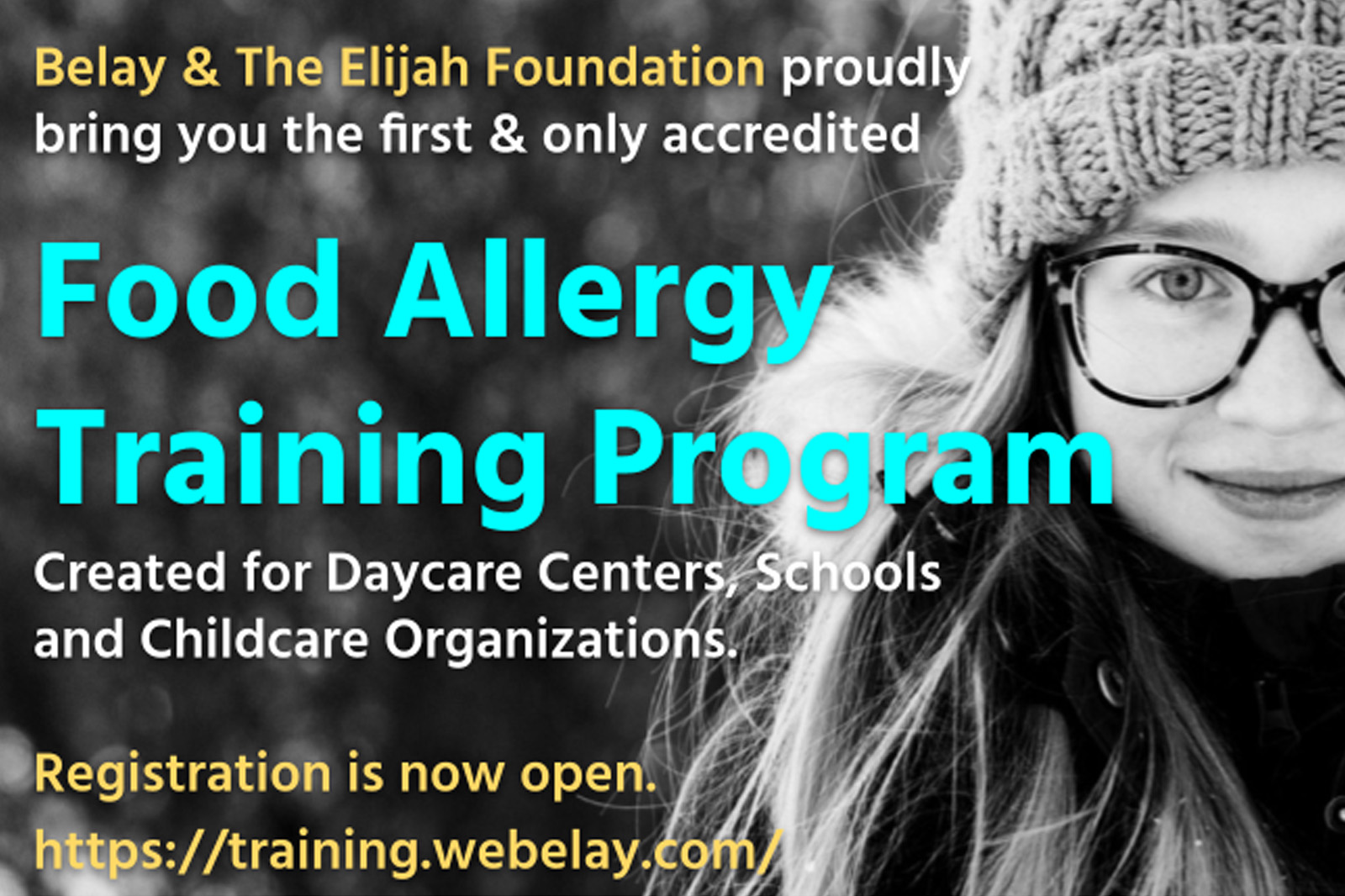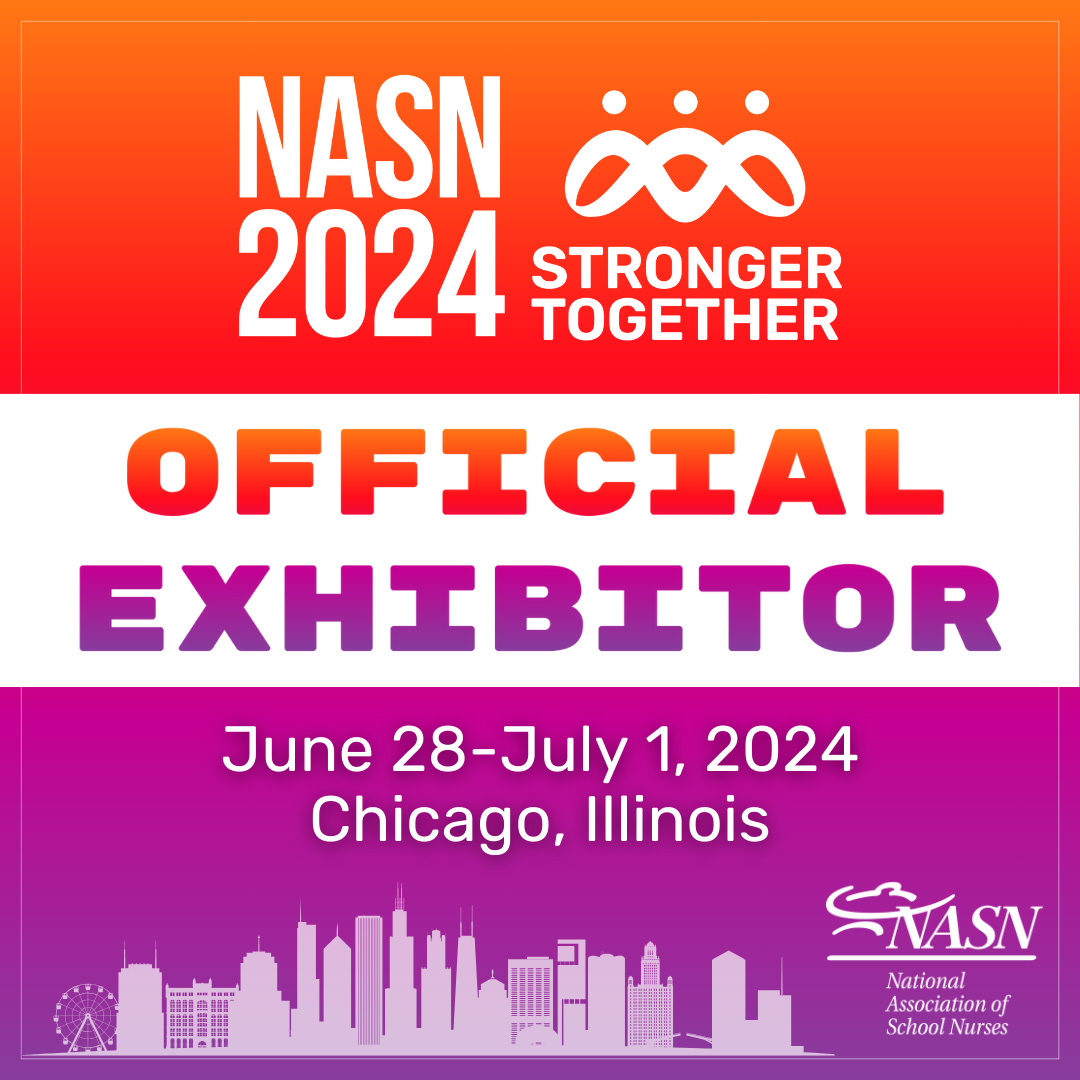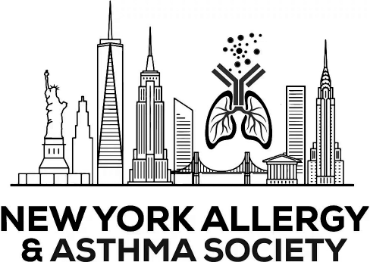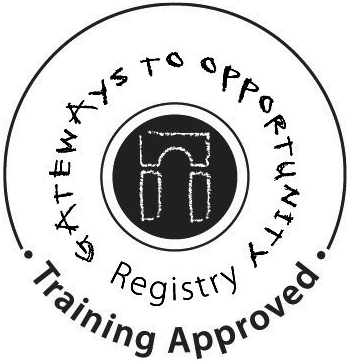While the Belay app helps parents share critical information about their children’s food allergies with other caregivers, we also want to be a resource for important updates about food allergy news to keep you and your family safe. Sign up for our newsletter and follow us on social media (we’re on Instagram, Facebook and Twitter) to stay informed!
Within the food allergy community, there are a lot of questions and concerns regarding the safety of the mRNA-based Covid-19 vaccine due to a handful of severe reactions.
There is a lot of information out there – cases detailing anaphylactic reactions, anaphylaxis symptoms, confusing guidelines, and assurances that the vaccine is safe for this community. We are not here to give any medical advice, but instead, we have highlighted four articles that offer insights and guidance to you as you manoeuvre these unique times while having to simultaneously manage food allergies in your home.
It is important to note that the COVID-19 vaccination is currently not approved for anyone under the age of 16. Whether you or your older child have a food allergy, this information is great to have on hand to keep you informed as you prepare for your vaccination and as approvals are made for younger children.
THE MORE YOU KNOW
Likely More Than One Cause for COVID-19 Vaccine Reactions
We really don’t know the cause of these reactions yet. There are some experts who suspect that these “anaphylactic” reactions, following the COVID-19 vaccine, may not in fact involve allergies and IgE antibodies at all. Thankfully, the U.S. National Institute of Allergy and Infectious Diseases, along with the Centres for Disease Control and Prevention and the U.S. Food and Drug Administration, are launching a study in February 2021 to investigate whether people with allergies (to foods, insect bites, and medications) are in fact at higher risk of receiving the Covid-19 Vaccine.
Get a comprehensive look at what there is to know about vaccinations and reactions as it relates to food allergies. Plus, there have been updates to the CDC’s recommendations for anyone with an allergy diagnosis. While lengthy, it may provide more clarity for you and your family.
LESSON LEARNED
There are lessons to be learned from Jill Harman’s experience:
• Make sure your pharmacist/doctor will administer the COVID-19 vaccine with consideration for your food allergy.
• Make a point of mentioning your food allergy and EpiPen use at the beginning of your appointment.
• Have a back-up plan to ensure your food allergy isn’t an obstacle.
While it’s important to understand the safety of receiving the COVID-19 vaccine, you should also know where you can get the vaccine, what you need to bring with you, and feel comfortable discussing any food allergy concerns or anaphylaxis symptoms or anaphylactic reaction with the person administering the vaccine.
A CLOSER LOOK
CDC Report: Anaphylaxis to Moderna COVID-19 Extremely Rare
Take a dive into the numbers to get a better understanding of any risk to you or members of your family with food allergies receiving the COVID-19 vaccine. From topline to in-depth data, you can see how many people have had anaphylactic reactions to the COVID-19 vaccine.
Warning: don’t get lost in the numbers! Use this data as a resource to make educated decisions to assess the risk for you and your family, but don’t feel like you need to become an analyst to know what you are comfortable doing.
WHEN IN DOUBT, ASK
Woman with History of Food Allergy Denied COVID-19 Vaccine Despite CDC Guidance
A shellfish allergy and heart condition made it difficult for Deanna Bowersox to receive the COVID-19 vaccination in Florida. Once denied the vaccine, a consult with her physician cleared things up: it was not a safe decision to move forward.
Of course, checking the list of ingredients for all COVID-19 vaccinations is a crucial first step when researching if it’s safe for your allergy. Whether you’re confident and ready, or still hesitant on moving ahead, make sure to consult with your doctor. They know your food allergy and health status and can offer an expert opinion on any potential risk or clear the way for the next steps.
We’ll continue to update you with the latest headlines and what you need to know to continue making the right decisions to keep you, your older children and younger kids safe and healthy through these new circumstances and beyond.
